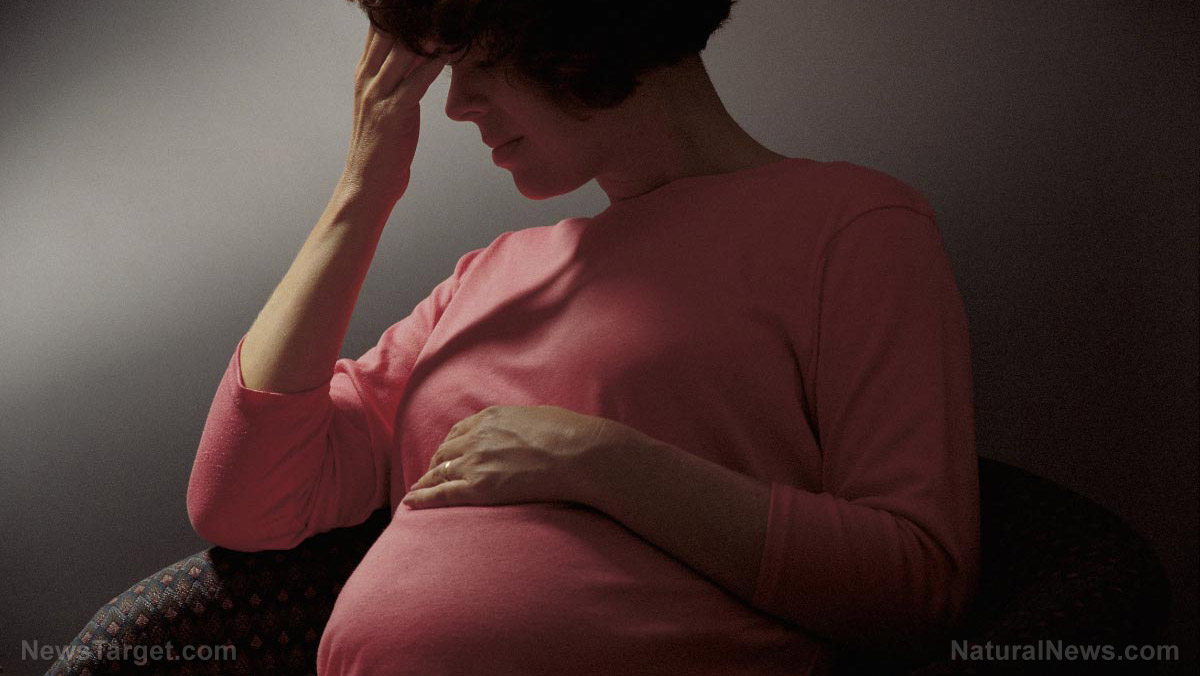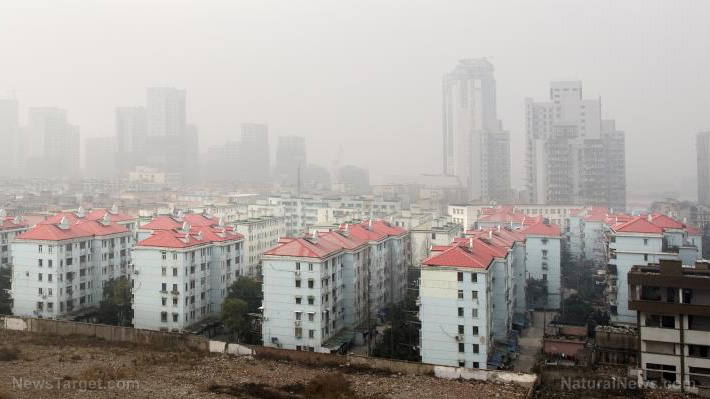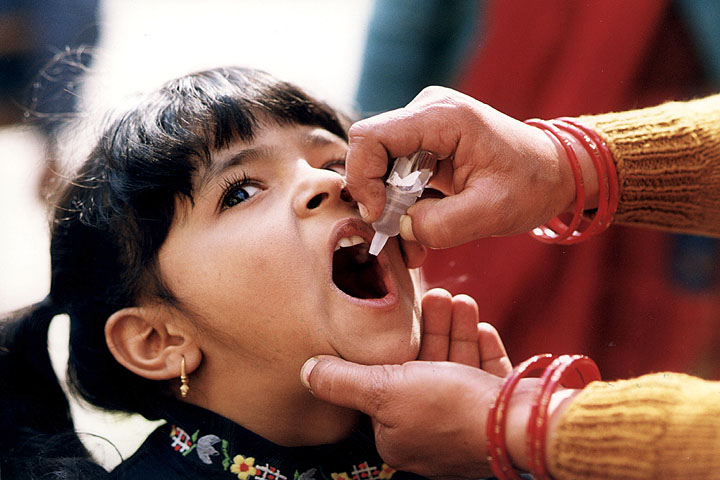Idaho House votes to end coronavirus “emergency” immediately
08/26/2020 / By Ethan Huff

The first state legislature in the country to do so thus far, the Idaho House of Representatives has voted to end Gov. Brad Little’s “disaster declaration” for the Wuhan coronavirus (COVID-19). If also taken up by the Senate, the resolution would return the state of Idaho back to a pre-China Virus normal.
According to reports, House Concurrent Resolution 1, put forth by Rep. Steven Harris, would overrule Little’s “emergency” ruling from several months back, which effectively shut down the state’s economy and restricted the freedom of Idahoans to live, work and play. It passed in a 48-20 vote, and must now be approved by the Senate in order to come into effect.
The vote was held during a special legislative session put on by Gov. Little himself, which focused on issues pertaining to the logistics of the upcoming election as well as limiting civil liability in response to the Wuhan coronavirus (COVID-19) plandemic.
Should the Idaho Senate vote similarly to the House, all of Idaho’s Wuhan coronavirus (COVID-19) restrictions would immediately end, but so would the state’s eligibility to receive up to $117 million in emergency funds from the Federal Emergency Management Agency (FEMA).
Rep. Christy Zito, a Republican, is one of the resolution’s supporters who argued during the debate that all state restrictions should be lifted regardless. She emphasized that the changes she has seen take place throughout the state in response to the plandemic are causing more harm than good, in many cases causing pain and trauma.
“We are putting our children in plexiglass cages,” she stated. “We are masking faces so those that are hearing-impaired feel lost and cannot function. We are masking faces so that children like my grandson, who is borderline autistic, is traumatized often by faces that he can’t see and relate to.”
“It is time to return to normal,” she added. “Not a new normal, to normal.”
The latest news about the Wuhan coronavirus (COVID-19) is available at Pandemic.news.
When it comes to lockdowns and masks, Democrats have conveniently forgotten that correlation does not equal causation
Concerning the $117 million in lost FEMA funds, supporters of the resolution made sure to emphasize the fact that it would in no way impact the CARES Act money that Idaho has and will continue to receive.
Some House Democrats in Idaho tried to argue that the emergency declaration should remain in place, despite the fact that hospitals throughout the state are mostly empty and cases are on the decline. Their rationale is that the restrictions must be working, hence the low numbers.
But this is a false correlation that does not equal causation. There is no proof that lockdowns, social distancing or mask-wearing in some areas of Idaho are in any way responsible for the state’s lower-than-expected Wuhan coronavirus (COVID-19) numbers. And yet this is the “proof” that state Democrats presented in their objection to the resolution.
While receiving money from the Feds might seem nice at first, it always comes with strings attached that Idaho Republicans warned are not worth having to deal with. Such restrictions include having to keep the state of Idaho shut down and muzzled indefinitely.
“I refuse, when we talk about money, I refuse to sell my liberties for money,” proclaimed House Majority Leader Rep. Mike Moyle, emphasizing this point. “I refuse to be blackmailed for money. And I refuse to sell my state and my blessing of my family and everything else for some federal freaking check.”
Rep. Tim Remington echoed this sentiment, adding that Gov. Little’s emergency declaration needlessly “instilled fear” in Idaho citizens, causing unnecessary division and strife among citizens who used to get along just fine with one another. It is also a slippery slope to leave the emergency declaration in place, especially after seeing what is now happening in Australia.
In Remington’s view, all Idahoans need to reject the plandemic fear-mongering and return back to normal as soon as possible, which the resolution, if ratified, will help to accomplish.
Sources for this article include:
Tagged Under: coronavirus, covid-19, emergency, FEMA, Idaho, infections, lockdowns, outbreak, pandemic, resolution, Steven Harris




















